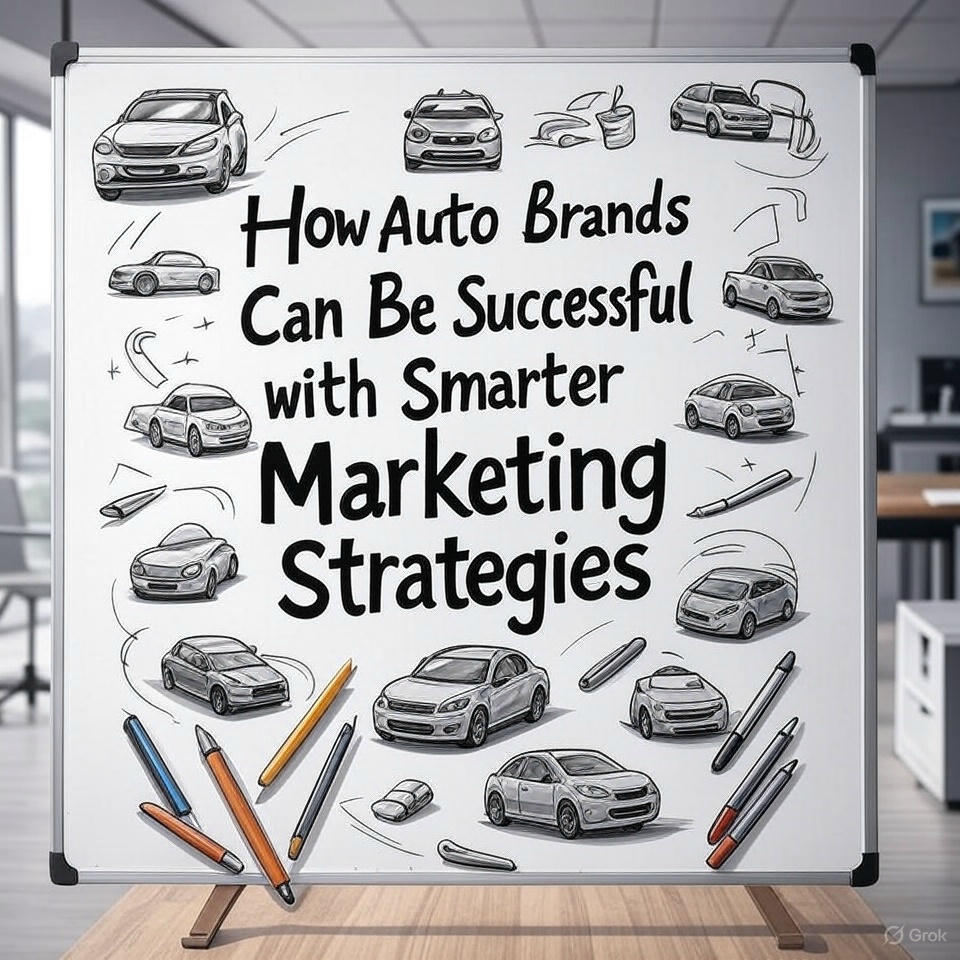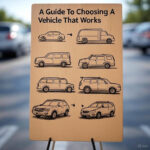The automotive industry is undergoing a significant transformation. While quality engineering and innovative design remain crucial, they are no longer sufficient for auto brands aiming to stand out in a saturated market. The differentiating factor now lies in how smartly these brands market themselves. Leveraging data, embracing digital tools, and personalizing experiences are essential components of smarter marketing strategies that drive success.
Understanding the Modern Car Buyer
Today’s car buyer is more informed, connected, and selective than ever. They rely heavily on online research, reviews, and social media before stepping foot in a dealership. This means that auto brands must meet consumers where they are—online. A strong digital presence is not optional; it’s a necessity.
To capture attention and build trust, auto brands must provide consistent and engaging content across all digital touchpoints. From informative blog posts and video content to immersive virtual test drives, digital content must address the questions and concerns of the modern buyer. Additionally, optimizing for mobile is critical, as a large portion of research and browsing occurs on smartphones.
Harnessing the Power of Data
Data-driven marketing allows automotive brands to gain deep insights into customer preferences, behaviors, and purchasing patterns. By analyzing data from CRM systems, website analytics, and social media engagement, brands can create more targeted and effective campaigns.
For instance, predictive analytics can identify when a customer is likely to need a new vehicle or service, enabling timely and relevant outreach. Geo-targeted ads can promote local dealership offers, while retargeting campaigns can re-engage users who previously visited a brand’s website but didn’t convert.
Personalization is Key
One-size-fits-all advertising is a thing of the past. Personalized marketing is now a cornerstone of successful strategies. This involves tailoring messages, offers, and content to individual preferences and behaviors. Whether it’s suggesting models based on browsing history or sending service reminders tailored to a specific vehicle, personalization increases engagement and conversion rates.
Email campaigns, for example, should move beyond generic promotions. Instead, they can highlight new features relevant to a customer’s past purchases or provide exclusive deals based on loyalty and service history.
Investing in Automotive Digital Marketing
Perhaps the most pivotal element in modern automotive strategy is a strong focus on digital marketing. This specialized approach combines SEO, paid media, social media, and content strategy tailored specifically for the automotive industry. By investing in comprehensive automotive digital marketing from agencies like TurnKey Marketing, auto brands can significantly increase their online visibility, lead generation, and sales conversions.
Integrating AI and Automation
Artificial intelligence and marketing automation tools can dramatically improve efficiency and effectiveness. Chatbots on automotive websites can provide instant answers to customer queries, schedule test drives, and even pre-qualify leads. Automation platforms can manage complex multi-channel campaigns, ensuring consistent messaging and timely follow-ups.
AI also enhances customer segmentation and campaign optimization. By continuously learning from customer interactions, AI can suggest the best times to reach out, the most effective channels, and the type of content that resonates most with each audience segment.
In conclusion, the success of auto brands hinges not only on the quality of their vehicles but also on the sophistication of their marketing. By embracing smarter strategies—driven by data, personalization, AI, and a robust digital presence—automotive companies can not only survive but thrive in today’s competitive






